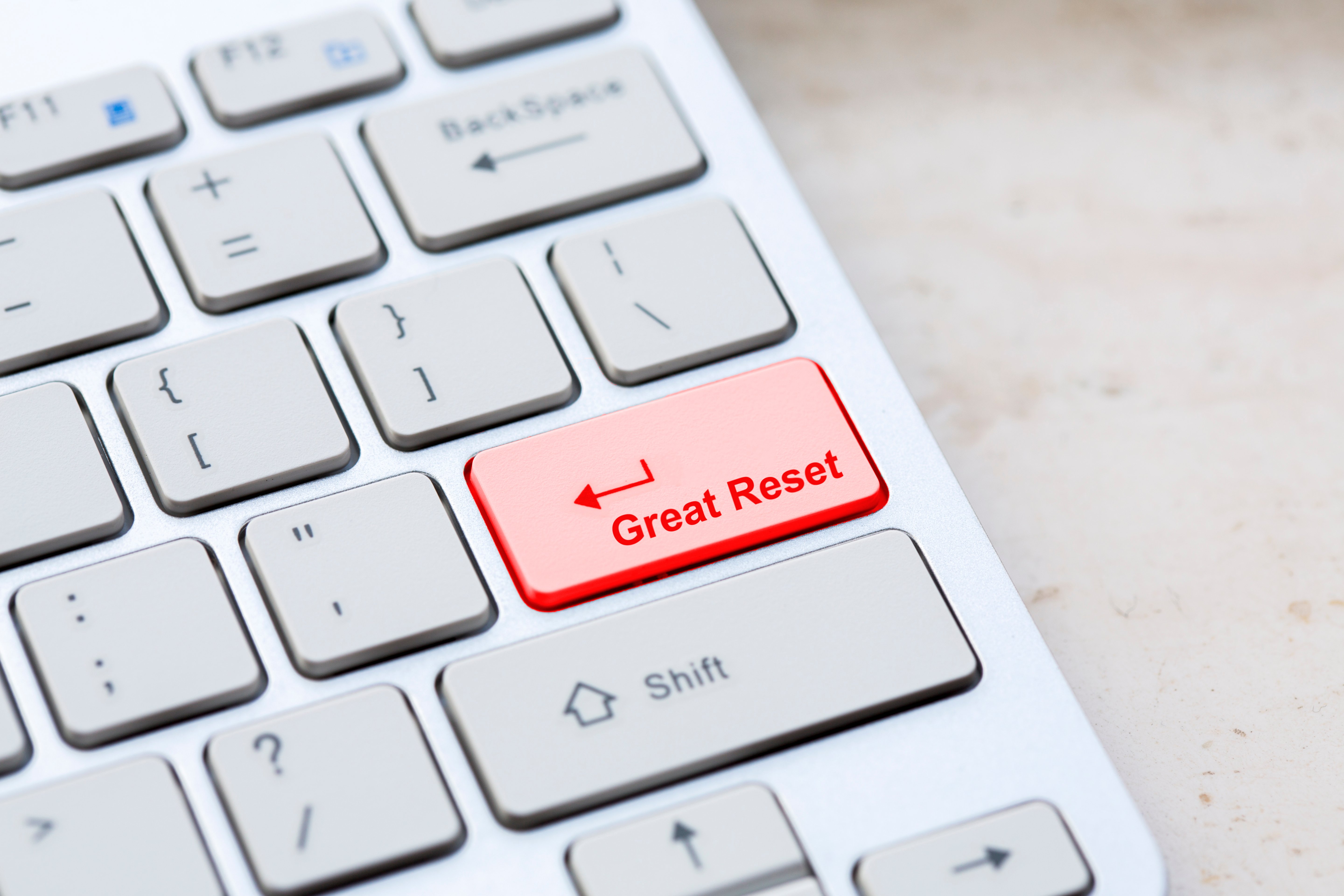A little over two years ago New Zealand plunged into lockdown due to the appearance of COVID-19. Overnight our working world changed.
Bustling office buildings became like ghost towns, complete with tumbleweeds, and home offices began bursting at the seams as businesses and organisations did the best they could to keep functioning amidst the pandemic.
For some workers, the March 2020 lockdown was the last time they visited their workplace in person. They quite happily packed up their work environment and headed home, relishing the fact their morning commute was no longer and they had more time back in their day to do whatever they enjoyed doing most.
For others, it heralded a prolonged period without people contact and physical isolation from their working environment, and a struggle getting used to blurring the lines between work and home life and missing the opportunity to vibe off their colleagues.
For those in between, it signalled the start of a hybrid working environment that allowed the best of both worlds. They could share time between home and office to best suit their work needs and lifestyle.
But what comes next? With vaccine mandates lifted, borders reopened, and a move to the orange traffic light setting easing restrictions, work-life is beginning to return to normal. At AskYourTeam we’re calling this “The Great Reset”. After such a long period of disruption and remote working, many organisations will be “champing at the bit” to get their people back together and for things to return to normal.
The change to hybrid working will require new ways of thinking – and leading. It will likely raise questions about trust, productivity, collaboration, transparency and flexibility and accountability.
But what is our new normal? Working from home was a necessity borne of the pandemic. And now that workers are accustomed, there’s no way the WFH genie will be put back in its bottle. Since the pandemic many workers have prioritised health and wellbeing, and millions have stepped away from working altogether as part of the great resignation.
The change to hybrid working will require new ways of thinking – and leading. It will likely raise questions about trust, productivity, collaboration, transparency and flexibility and accountability.
That means organisations are going to have to give careful thought to how they bring their workforce together. There’s a lot of talk in management circles about hybrid ways of working that incorporate office presence and remote working. What’s going to be key is flexibility, and for it to be worker driven. It will be impossible to take a one size fits all approach, because not all workers are the same. There’ll be some that can’t wait to be physically present in the office five days a week. Others will want the opposite, happy to WFH forever. And others will want a combination. Some organisations such as Apple, found that mandating presence has backfired.
We know that employee experience is the new frontline in the war for talent, so to be competitive and have a chance of winning that war, organisations are going to have to adopt some form of hybrid model, or risk competitive disadvantage in the labour market, which is tight enough already.
The challenge of this great reset is how to foster culture, connections, collaboration, creativity in this brave new world of hybrid work. Are our workplace cultures under threat as hybrid working becomes as option in hot demand?
Help us find the answers. Share your thoughts here: The Great Reset Survey.

